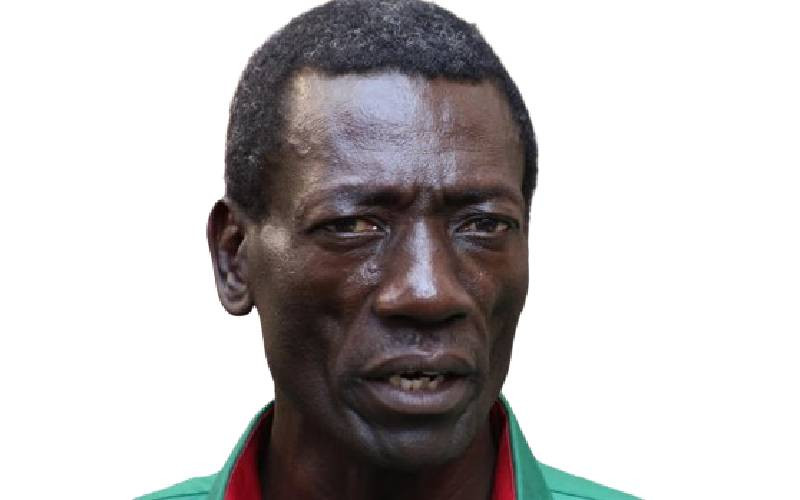×
The Standard e-Paper
Fearless, Trusted News

The medical cover introduced by the government through the presidential decree in 2018 for more than 3.4 million students in secondary schools will come to an end on December 31, 2023.